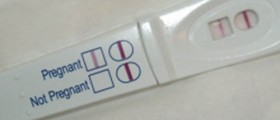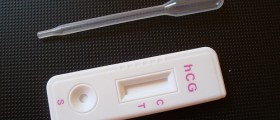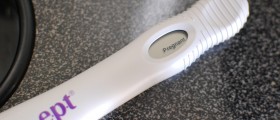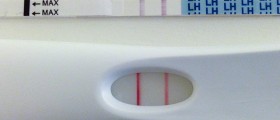
The return of a woman's menstrual cycles and ovulation does, of course, depend on the type of coil she had. A simple copper coil leaves the least impact after removal while they are some rare cases where such a coil perforates the uterus, making conception difficult, generally removal means a woman will go back to the way she was before, immediately. The Mirena IUD, which emits hormones as well, may cause ovulation to stay away for a while longer.
The amount of hormones present in the Mirena coil is less than in the birth control pill, but women who have had a Mirena IUD taken out may have to wait a little while before they can get pregnant. Some women do conceive during their very first cycle after having a Mirena taken out, others need more time. If you have just had a coil taken out and are trying to get pregnant, you'll want to know whether your fertility has returned or not.
Unless you are taking a "wait and see" approach to having a baby, using ovulation tests for a while is a great method to find out whether you ovulate. You can combine these test with an ovulation calendar so you don't need to use the test all month long. If you haven't started ovulating after Mirena removal yet, for instance, you'll know that your birth control method is to blame and that you don't have to worry about other reasons for not getting pregnant. Mind you, in order to get pregnant, a lot of things need to go right, and there are lots of couples who take a year or even more to conceive. If you are not pregnant within six months after IUD removal, don't automatically panic!

















Your thoughts on this
Loading...